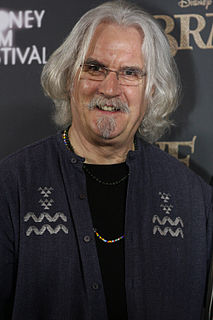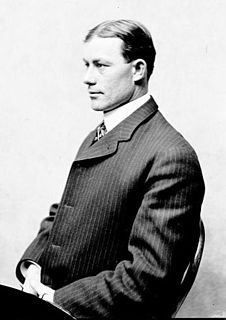A Quote by John Engler
The current Michigan Constitution was written in 1961 and 62.
Quote Topics
Related Quotes
We current Justices read the Constitution in the only way that we can: as Twentieth Century Americans. We look to the history of the time of framing and to the intervening history of interpretation. But the ultimate question must be, what do the words of the text mean in our time. For the genius of the Constitution rests not in any static meaning it might have had in a world that is dead and gone, but in the adaptability of its great principles to cope with current problems and current needs.
We need to reform the constitution in Chile. The current one was written and passed in 1980 during the dictatorship. Some changes were made after the return of democracy, but its origins remain illegitimate. Instead of continuing to make fixes here and there, we need to undertake fundamental changes to our constitution to make it reflect the reality of our democratic society.
But do let me reiterate the spirit of Michigan. It is based upon a deathless loyalty to Michigan and all her ways; an enthusiasm that makes it second nature for Michigan men to spread the gospel of their university to the world's distant outposts; a conviction that nowhere is there a better university, in any way, than this Michigan of ours.
I think frustration unfortunately, reflects a real breakdown in the political parties themselves, which is fascinating because our constitution did not anticipate political parties. They're not even written in the Constitution, there's no guidelines. When we look at the arcane processes of delegate selection in the primaries and caucuses, it's not in the Constitution. This is all created post Constitution. And yet I think we're in the middle of tensions between and within the political parties. They're not functioning that well.
































